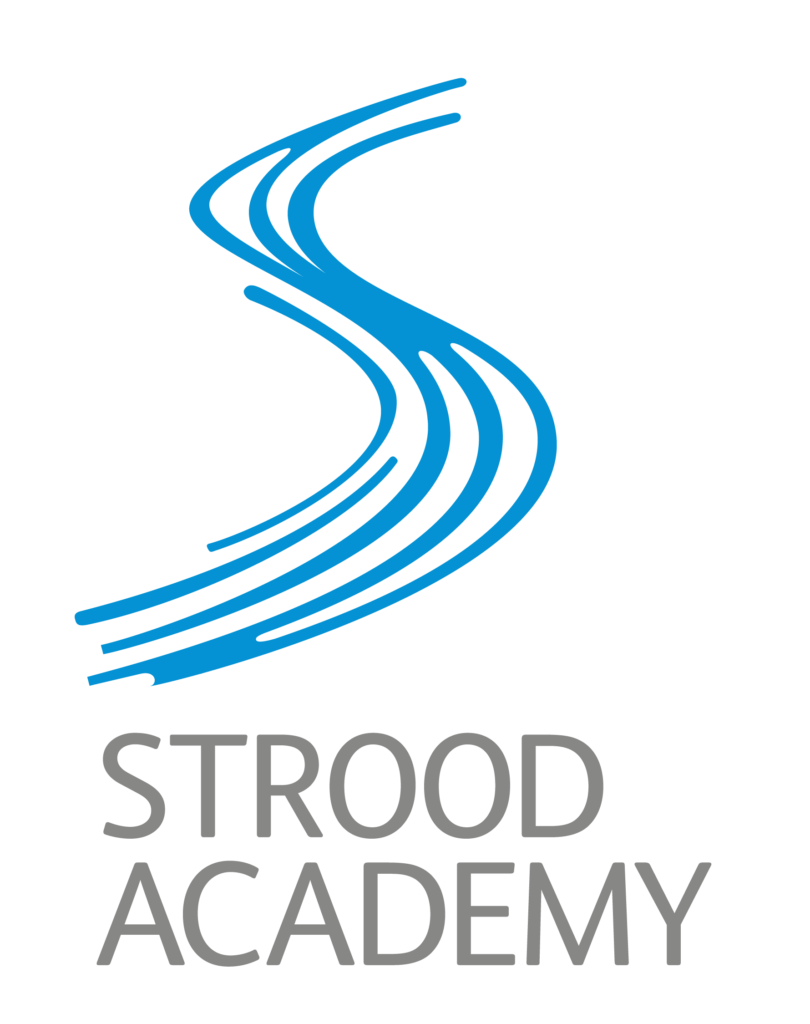KS3: MYP Computing
Intent
The MYP Computing curriculum is designed to enable students the opportunity to develop computational thinking and digital creativity. Our students will be able to develop the foundations to enable them to be discerning, life-long learners in a fast-moving landscape. The curriculum is designed to provide a balanced and informed curriculum across all key stages giving students access to Computing, ICT and Digital Literacy.
Our goal is to foster the development of the following skills in our students:
- Grasp and apply the foundational principles and concepts of Computer Science, encompassing abstraction, decomposition, logic, algorithms, and data representation.
- Analyse problems from a computational perspective, gaining practical experience in solving such problems, which includes the design, writing, and debugging of programs.
- Cultivate creative, innovative, analytical, logical, and critical thinking skills.
- Comprehend the components constituting digital systems and their intercommunication with other systems.
- Cultivate a profound understanding of computational thinking and its application through a selected programming language.
- Develop highly sought-after thinking and programming skills that hold significant appeal in the contemporary workplace.
- Recognize the impacts of digital technology on both individuals and broader society.
- Acquire, in context, valuable and transferable skills such as research, planning, and review, along with the ability to collaborate with others and effectively communicate creative concepts.
- Equip learners with essential knowledge and tools to enhance their learning in other subjects, with the ultimate goal of boosting employability upon leaving education. This contributes to their personal development and future economic well-being.
Curriculum Journey
The MYP Key Stage 3 (KS3) computing curriculum is designed to build a foundational understanding of computing concepts and skills, setting the stage for more advanced studies in Key Stage 4 (KS4). The transition involves a progressive introduction to fundamental computing concepts, beginning with algorithms, programming, and data representation. As students advance through KS3, the curriculum places an increased emphasis on programming skills, encouraging them to tackle progressively complex coding tasks. Furthermore, the focus on problem-solving and computational thinking enhances students’ ability to approach challenges systematically. The exploration of computer systems, including hardware, software, and networks, lays a solid foundation for more in-depth studies in KS4, where topics like computer architecture come to the forefront. Digital literacy and online safety, integral components of KS3, become paramount as students engage with more advanced digital tools in KS4. Project-based learning experiences in KS3 not only reinforce theoretical knowledge but also prepare students for the practical application of their skills in more extensive projects during KS4. Finally, early exposure to specific computing specialisations in KS3 equips students with the insight needed to make informed decisions about more specialised subjects or pathways as they progress through their education, ensuring a seamless and well-prepared transition to Key Stage 4 with options such as DIT and GCSE Computer Science to choose from.
Schedule of learning
- Module 1: Inside a Computer / E-safety (Criteria A & B)
- Module 2: Inside a Computer / E-safety (Criteria C & D)
- Module 3: Development of Technology (Criteria A)
- Module 4: Scratch (Criteria A & B)
- Module 5: Scratch (Criteria C & D)
- Module 6: Networks (Criteria A & B)
Schedule of learning
- Module 1: HTML (Criteria A & B)
- Module 2: HTML (Criteria C & D)
- Module 3: Data Rep: Binary, Sound and Images (Criteria A)
- Module 4: Cybersecurity (Criteria A & B)
- Module 5: Cybersecurity (Criteria C & D)
- Module 6: IT and Working (Criteria A & B)
Schedule of learning
- Module 1: Spreadsheets (Criteria A & B)
- Module 2: Spreadsheets (Criteria C & D)
- Module 3: Python Intro (Criteria A)
- Module 4: App Development (Criteria A & B)
- Module 5: App Development (Criteria C & D)
- Module 6: Python (Criteria C & D)
Assessment
Each module in the table above is assessed based on the following criterion in the table below. Each criteria is graded from 1-8 (8 demonstrating that the criteria has been fully met) with this being determined by teacher judgments about students’ work.
A – Define and Research a Problem
Project based assessments and learning, a context is given, a problem is found and researched, all work in their project booklets
Project based assessments and learning – ideas developed by using the skills taught, all work in their project booklets
C – Plan and Create a Solution
Project based assessments and learning – solution created and planned by using skills taught, all work in their project booklets
Project based assessments and learning – evaluation based on the project created, all work in their project booklets
Final grades are then awarded from a range of 1-8, with each ascending grade demonstrating the students mastery of that particular subject.
If you would like more information about Computing please refer to the IB design brief here:
Resources


